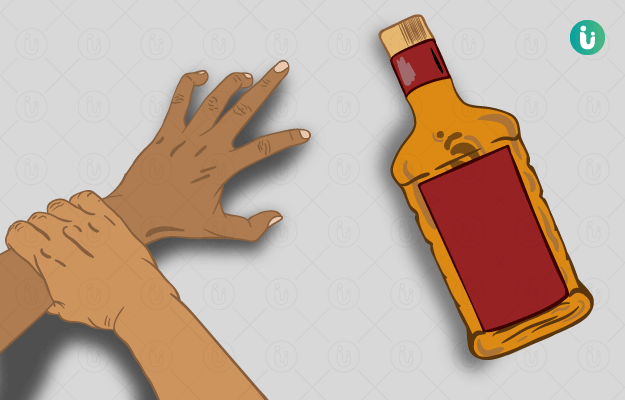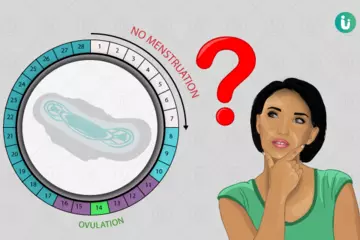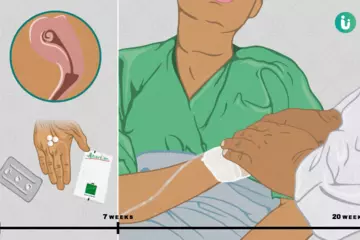What is Alcoholism?
The stage at which an individual becomes addicted to or dependent on alcohol is known as alcohol use disorder or alcoholism. Such people drink less out of pleasure and more out of a need or a strong dependence. Most people suffering from alcoholism realise its negative effects, but cannot stop themselves from drinking. Alcoholism is known to affect work and career, financial stability and relationships.
What are its main signs and symptoms?
A variety of physiological as well as behavioural symptoms may be observed in alcoholics, which include:
- Craving for alcohol when sober
- An increased tolerance for alcohol in the body
- Withdrawal symptoms like nausea, cramping and disorientation
- Tremors when sober
- Memory lapses following episodes of drinking
- Aversion to social protocol and interactions
- Poor diet and personal hygiene
- Absenteeism and carelessness at school or work
- Reluctance to talk about the problem, violent tendency when confronted
- Continued drinking, even after problems with work, relationships and finances develop
- Dehydration and cirrhosis
What are the causes?
The exact cause of alcoholism is hard to define, although there may be some conditions that trigger the problem. Women who have more than 12 drinks a week, men who have more than 15 drinks a week or those who have over 5 drinks a day, once a week, qualify as being alcoholic. Possible causes of alcoholism are:
- An alcoholic parent or close relative
- Peer pressure
- Stress and external pressure
- Depression, anxiety, schizophrenia
- Low self-esteem
(Get online doctor consultation for any health issue)
How is it diagnosed and treated?
Diagnosis mainly relies on a physical examination and a detailed history. Doctors usually ask questions around how often and how much alcohol is consumed, if any steps have been taken to curb drinking, if any episodes of blackout, violence, accidents or work-related problems have occurred and if the patient has driven while drunk. A simple questionnaire may be given to assess certain responses as well. If the doctor suspects prolonged abuse and health complications, blood samples may be collected to test liver function. (Consult a doctor with Doctor app)
All methods of treatment are focussed on reducing dependency on alcohol and preventing consumption. To help abstain from alcohol, doctors may suggest:
- Medical treatment to address health ailments associated with the problem
- Medication to curb addiction called antabuse
- Support groups – AA or Alcoholics Anonymous is the most commonly known support group that helps alcoholics find support, gain control and lead healthier lives
- Detoxification of the body to eliminate toxins and alcohol from the body
- Counselling for emotional disorders
- Positive reinforcement and rehabilitation to acquire positive outlook and skills
(Read more: How to quit alcohol)

 Doctors for Alcoholism
Doctors for Alcoholism  OTC Medicines for Alcoholism
OTC Medicines for Alcoholism
 Alcoholism articles
Alcoholism articles

 Home Remedies for Alcoholism
Home Remedies for Alcoholism







 Dr. Laxmidutta Shukla
Dr. Laxmidutta Shukla


 Dr. Medhavi Agarwal
Dr. Medhavi Agarwal











